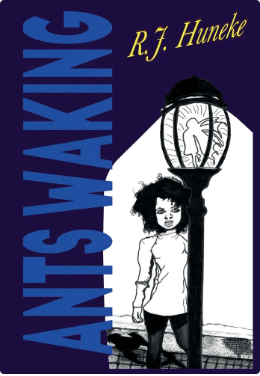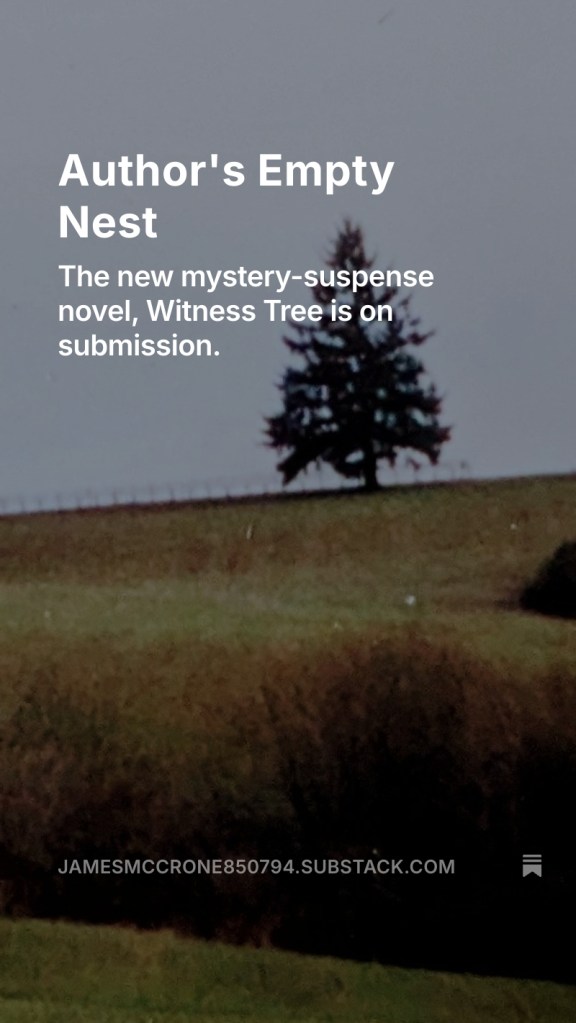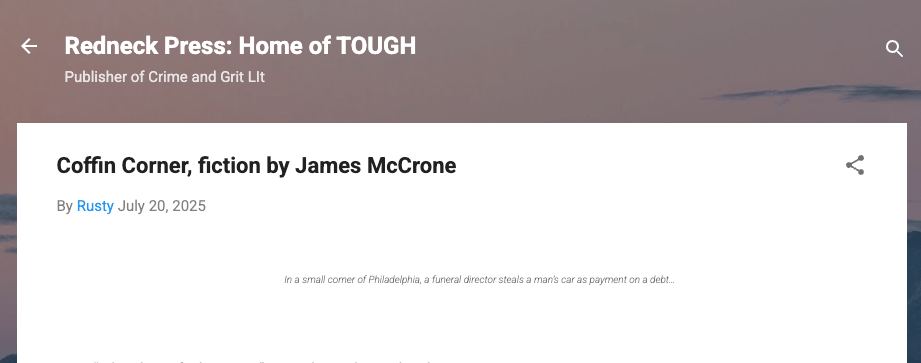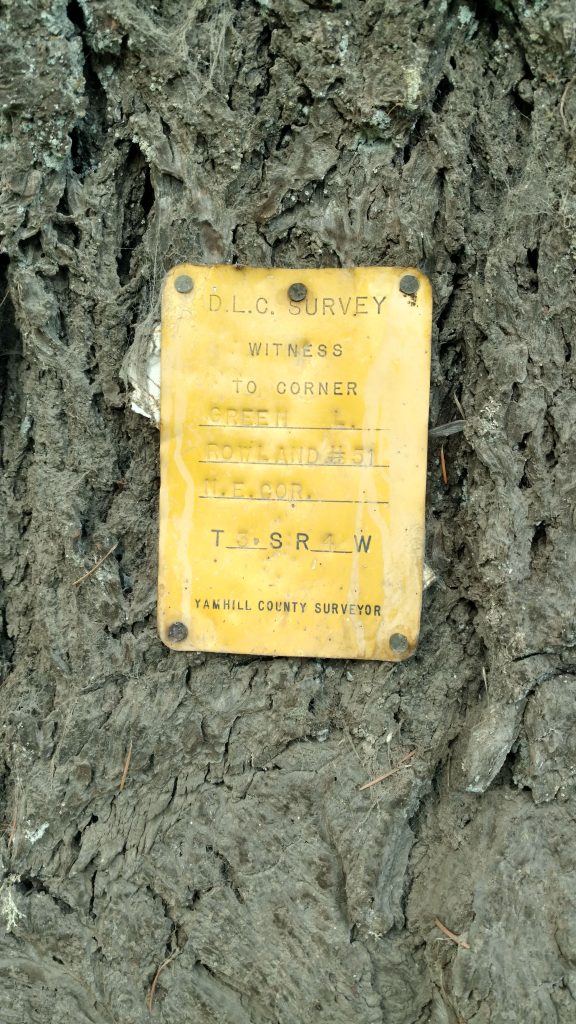“The Ball is Round, the place is Philly!”

For those of you in the Philadelphia area, make sure to check out the new look Philly Soccer Page coming next week!
I edit some of the stories and analysis for the site, and I write the occasional match report throughout the season. There’s great coverage and great writing–and PSP does quality work analyzing upcoming games, profiling young players, or breaking down what happened over the weekend. PSP also keeps an eye on the talented young players moving through the academy and/or getting minutes for Union II.
“For the better part of 17 years, The Philly Soccer Page has been covering the beautiful game across our region – from amateur youth leagues to the US National Teams. We’re continuing that dedicated coverage, soon with a new and more modern website.
The “retro” design of PSP has set the site apart from other pages dedicated to sports journalism. While that design has been unique, it’s also started posing problems. PSP’s current theme is losing support within the WordPress architecture and many of our readers have seen the impact that has on the site’s usability. We’ve had issues with readers losing access to comments, with pages not loading properly, and on the backend for our editors and contributors in publishing.
It’s time to update to a modern theme not only to restore PSP’s usability to its fullest, but to give the content our contributors are producing the place it deserves to shine brightest. Over the course of the next week, we’ll perform final checks on the new design’s features and next weekend we plan to bring the new site online“(Jan 31 or Feb 1).
Full Notice Here: https://phillysoccerpage.net/2026/01/25/a-new-look-for-psp/
# # #

James McCrone’s fiction poses questions about the nature of power, the choices we make and the lessons we don’t learn. He’s the author of the thriller trilogy Faithless Elector, Dark Network , and Emergency Powers–noir tales about a stolen presidency, a conspiracy, and a nation on edge. Bastard Verdict, his fourth novel, is about a conspiracy surrounding a second Scottish Independence referendum. His novel-in-progress, currently under review with a publisher, is called Witness Tree, a (pinot) noir tale of murder and corruption set in Oregon’s wine country.
James is a member of Mystery Writers of America, Int’l Assoc. of Crime Writers, and he’s the current president of the Delaware Valley chapter of Sisters in Crime. He lives in Philadelphia. James has an MFA from the University of Washington in Seattle.
All books are available on BookShop.org, IndyBound.org, Barnes & Noble, your local bookshop, and Amazon.
eBooks are available in multiple formats including Apple, Kobo, Nook and Kindle.
For a full list of appearances and readings, make sure to check out his Events/About page. And follow this blog!
You can also keep up with James and his work on social media:
Bluesky: @jmccrone.bsky.social
Facebook: James McCrone author (@FaithlessElector)
and Instagram/Threads “@james.mccrone”




